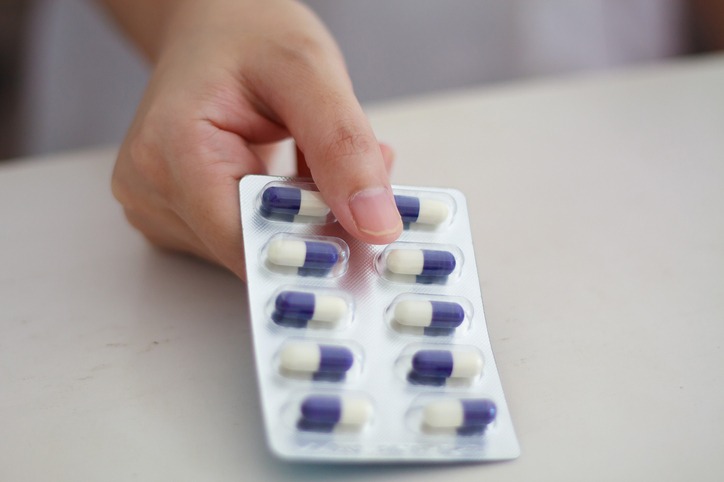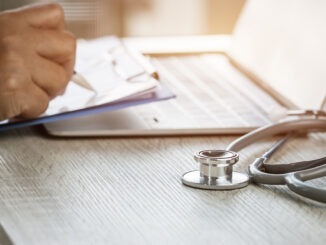
GPs should be encouraged to offer over-the-counter (OTC) medicines on prescription to patients struggling with the cost of living, Healthwatch England has said
Healthwatch England has suggested that GPs should be encouraged to provide over-the-counter (OTC) medicines on prescription to patients struggling with the cost of living. They argue that the affordability of healthcare should never be a barrier and have called upon NHS England and the government to implement immediate measures to ensure access to necessary care.
In a recently published report, Healthwatch recommends that guidance be revised to prompt GPs to offer prescription-based OTC medications to individuals based on socioeconomic factors.
However, this suggestion contradicts NHS England’s guidance to reduce prescriptions for over-the-counter medicines. In 2018, the commissioner issued guidance aiming to cease routine prescribing of certain medications in an effort to save £100m for reinvestment in frontline services.
The Healthwatch report also proposes that NHS England reevaluate the Healthcare Travel Cost Scheme and consider reimbursing patients for travel expenses incurred while visiting GPs, dentists, and pharmacists. Furthermore, it suggests that primary care teams inform individuals about pre-payment options for medication.
Healthwatch recommends that NHS England collaborate with Ofcom and telecommunications companies to include hospital and GP phone numbers in the freephone service, ensuring that cost never becomes a barrier to contacting health services.
The report emphasises that the cost of living negatively impacts individuals’ decisions regarding healthcare. It particularly highlights the avoidance of vital health services due to fear of additional costs among disabled individuals, those on means-tested benefits, and individuals aged 18-24.
To support their findings, Healthwatch conducted four polls involving 2,000 adults in England between October of the previous year and March. The results indicated that people increasingly avoid essential health and care services due to concerns about additional costs, such as dental check-ups or treatment expenses, accessing the internet or making phone calls associated with booking NHS appointments, being unable to purchase relied-upon over-the-counter medications, and skipping one or more NHS prescriptions due to cost.
The report concludes that essential health and care services are becoming inaccessible for many individuals, particularly those living with ill health and disabilities, who are more likely to experience poverty due to escalating costs. Making decisions between vital expenses like food, medications, and medical devices further impacts their physical and mental well-being, putting them at risk.
Dr. Selvaseelan Selvarajah, a GP in Tower Hamlets, resonated with the prescription and dentistry issues highlighted in the report, stating that they align with his experiences working in one of London’s most deprived boroughs.
He supports the restoration of a minor ailment scheme and believes that raising awareness about pre-payment options is helpful, although some patients may still struggle with associated costs. He welcomes government funding for a freephone service but asserts that practices should not be burdened with funding it themselves.
RCGP chair Professor Kamila Hawthorne expresses concern about patients being unable to afford much-needed care due to rising costs. She acknowledges that vulnerable patients receive free prescriptions but highlights the difficult choices they face when they cannot afford all necessary medications.
Professor Azeem Majeed from Imperial College London emphasises that while GPs will assist patients in exploring cost-effective options like over-the-counter medications, addressing poverty ultimately falls within the purview of the government and employers, not the NHS.


Be the first to comment